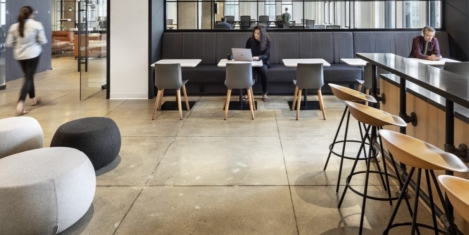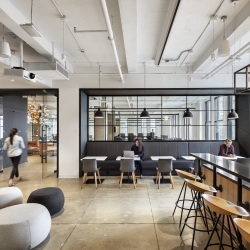February 13, 2023
Childhood’s end for work and the need for a grown-up conversation about it
 Arthur C Clarke’s finest novel Childhood’s End is the story of an Earth that is invaded by a force of alien Overlords. This is not a destructive colonial invasion, which is why there’s no Hollywood blockbuster in the tale, but a seemingly benevolent intervention which ushers in a golden age for humanity. Although humankind initially does not get to meet the Overlords in person (for reasons I won’t give away here), the aliens unite the world’s governments, eradicate crime, conflict and the nation state and do away with the need for creativity and hard work. It is the literal end of history.
Arthur C Clarke’s finest novel Childhood’s End is the story of an Earth that is invaded by a force of alien Overlords. This is not a destructive colonial invasion, which is why there’s no Hollywood blockbuster in the tale, but a seemingly benevolent intervention which ushers in a golden age for humanity. Although humankind initially does not get to meet the Overlords in person (for reasons I won’t give away here), the aliens unite the world’s governments, eradicate crime, conflict and the nation state and do away with the need for creativity and hard work. It is the literal end of history.
































December 22, 2022
How businesses can support employee wellbeing over a difficult festive period
by Louise Aston • Comment, Wellbeing